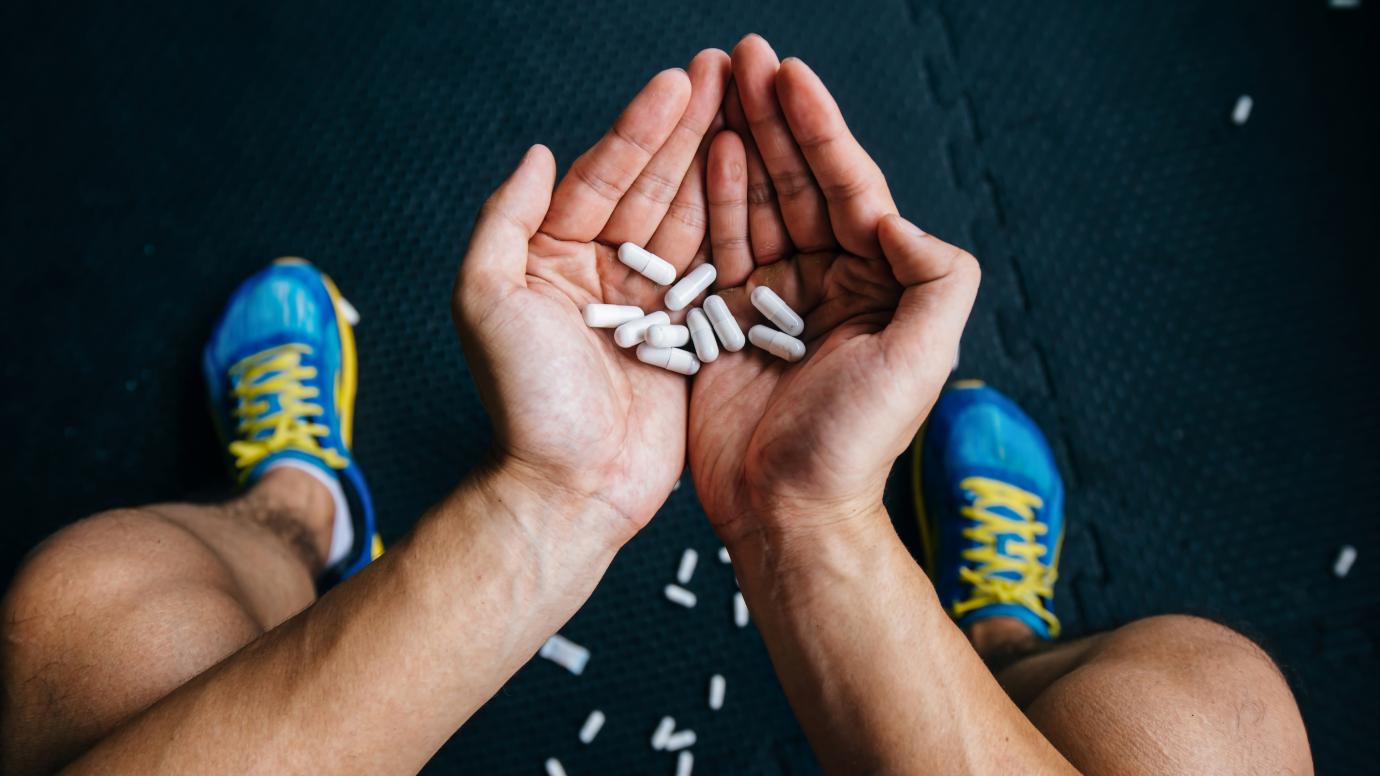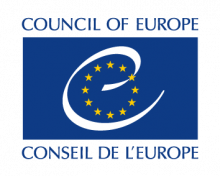- Published:
Healthy lifestyles and anti-doping policies: raising awareness on the health risks of doping in sport for all
The Council of Europe will conduct a study on health risks of doping by amateurs.
- Organisation:
- Council of Europe
- Country:
-
International
- Start date:
- End date:
- Pillar:
- Increased awareness for healthy lifestyles across all generations
- Website:
- E-mail:

Description of the Pledge
The Council of Europe will conduct a study on health risks of doping by amateurs, which will form the basis of possible future activities and policy initiatives, and aspires to contribute to a healthier lifestyle.
Doping in amateur sport is not new, nor are its risks to health. The scope and magnitude of the phenomenon are clear. Sport plays an important role in the protection of health, but the use of doping substances and methods by those practicing sport persists, with severe consequences.
The Council of Europe Anti-Doping Convention (ETS No. 135) defines 'sportsmen and sportswomen' as those who participate regularly in organised sports activities. As a result, the Convention’s States Parties do not solely address doping in elite sport but consider it in a much broader context.
All actors, including fitness centres, must take the health risk aspects of doping into account and undertake preventive action to protect the physical and moral integrity of sportspeople, especially young ones.
Expected measureable outcome
- Availability of a study.
- Number of recommendations for future actions.
- Raised awareness in the Parties to the Council of Europe Anti-Doping Convention.



